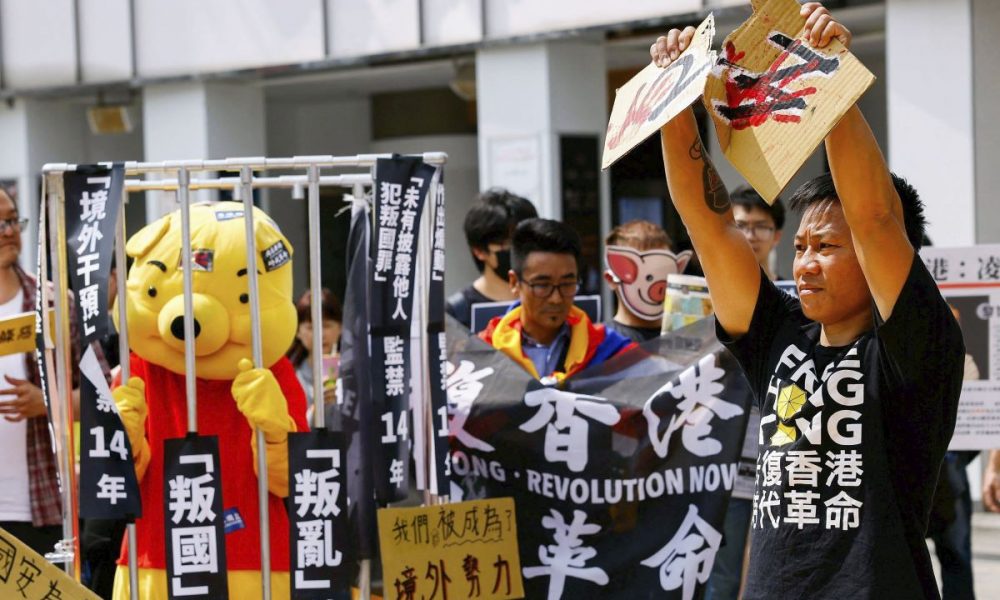
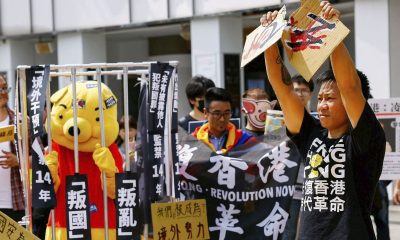

LegCo says it wants new economic development in Hong Kong. But after passing this draconian ordinance, the risk of arbitrary detention is a strong deterrence.
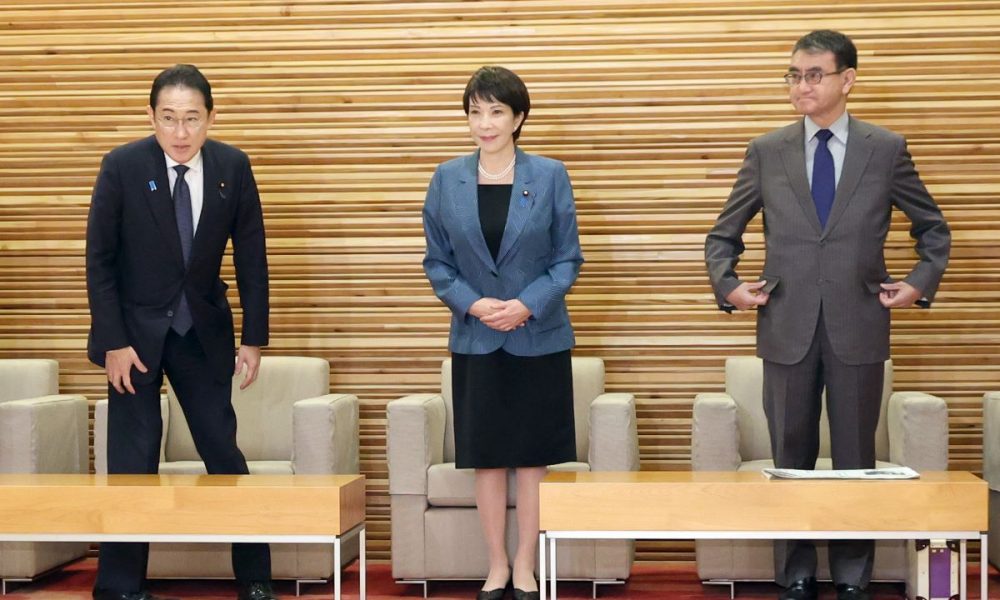
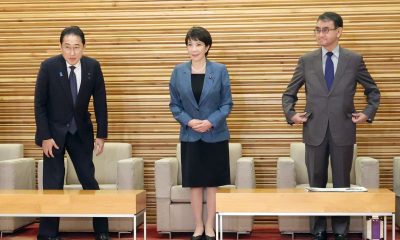

The security clearance system would also apply to the private sector, still allowing business opportunities without compromising sensitive national interests.
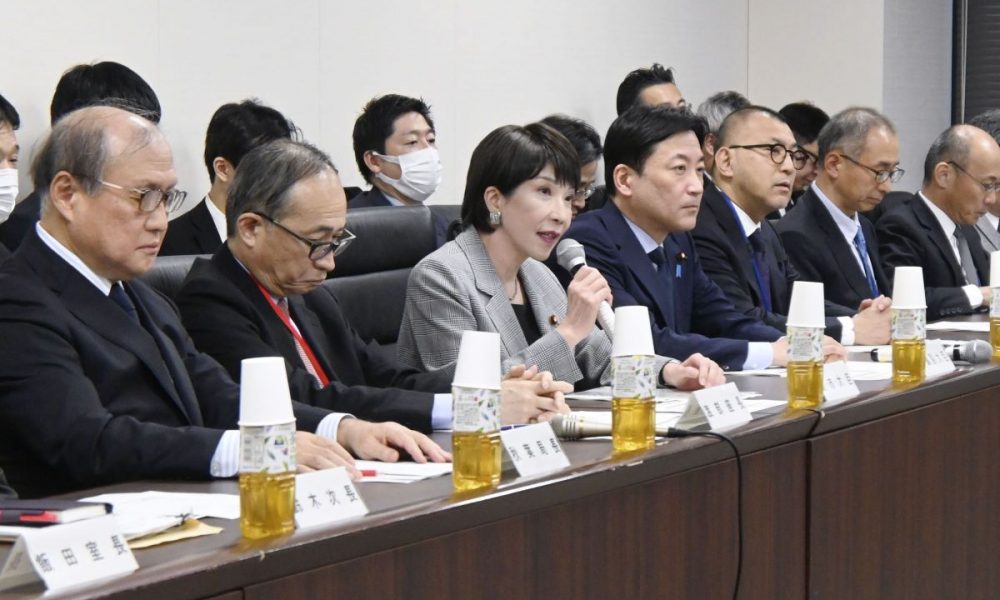


Previously, the lack of a security clearance system became a bottleneck to Japanese companies' joint development with US and EU governments and research institutes.
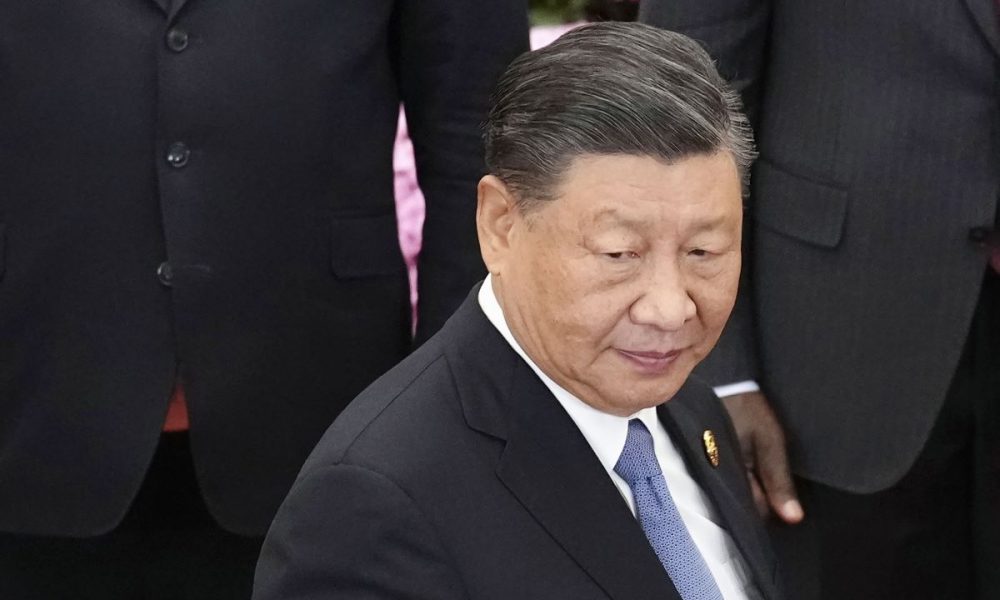
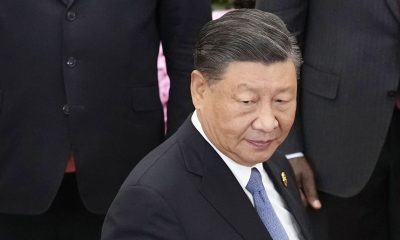

The regime seems determined to enhance Xi's authority and return China to the Maoist line as it seeks to deal with growing domestic crises in 2024.
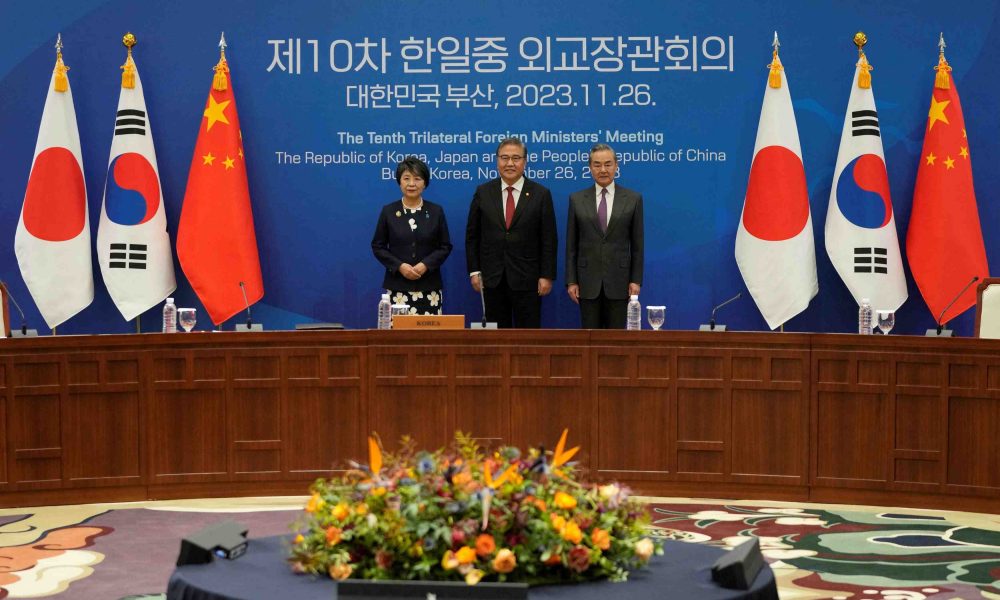
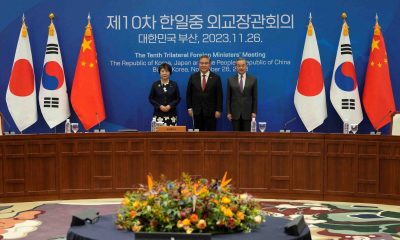

Talks In Busan were amicable. Still, their success will be measured by whether the foreign ministers of Japan, China, and South Korea can resolve sticky issues.
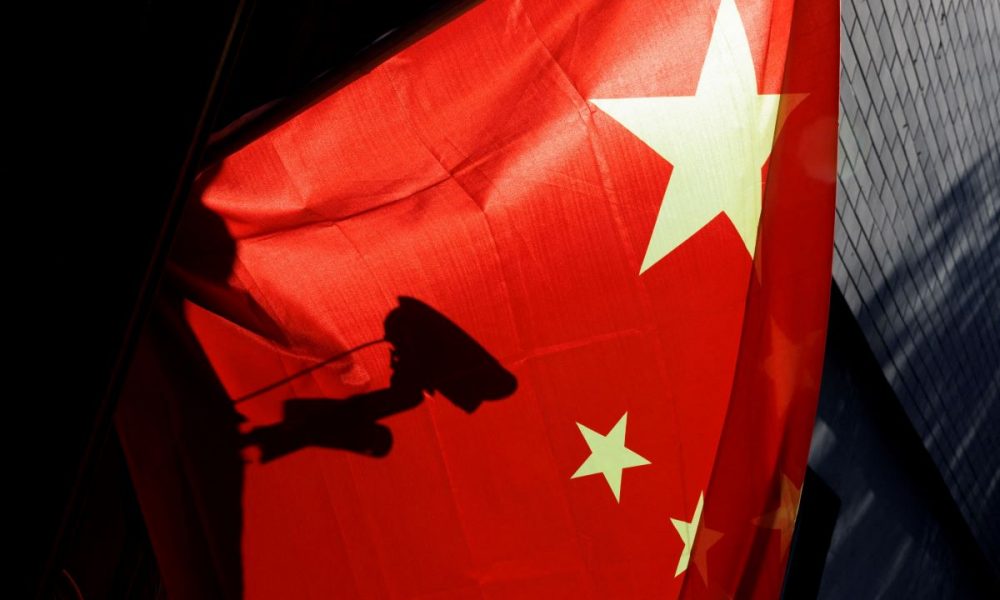
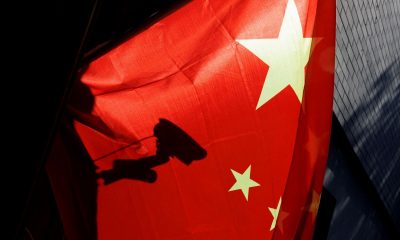

What is behind the growing number of Japanese and other foreigners detained under China's counterespionage law? The author provides several case studies.
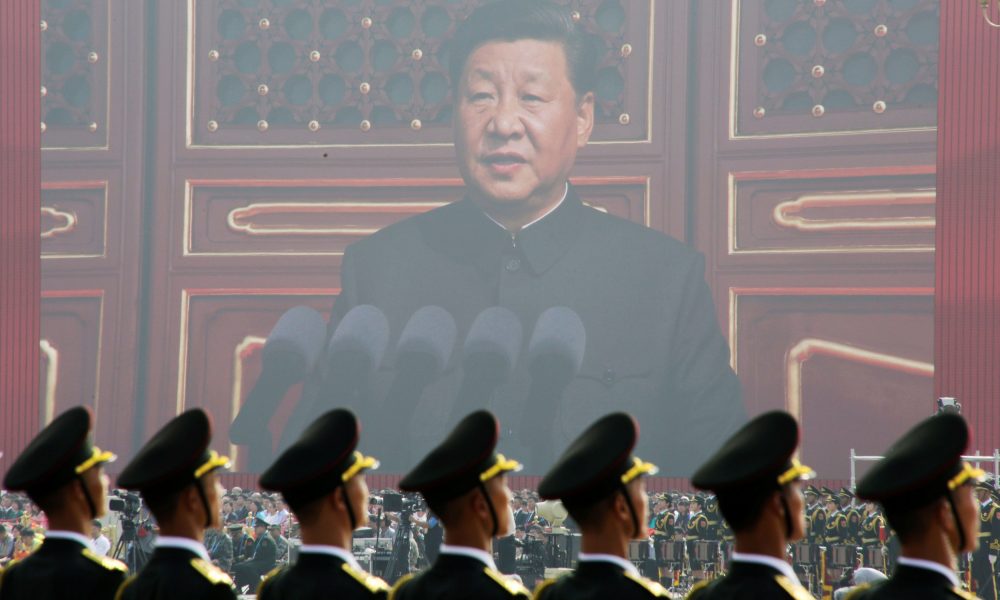
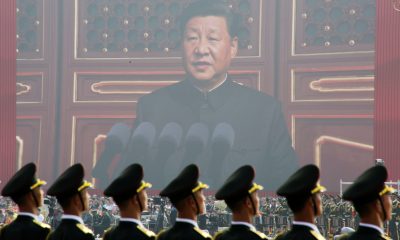

China has been conducting non-kinetic "unrestricted warfare" against West for decades. The People's Liberation Army is only for if needed to finish things off.
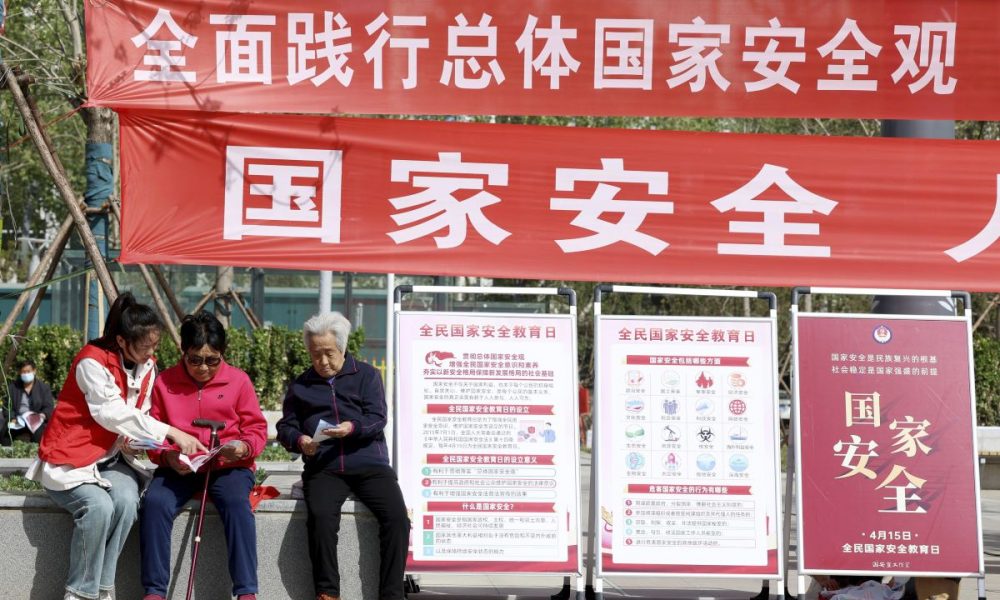
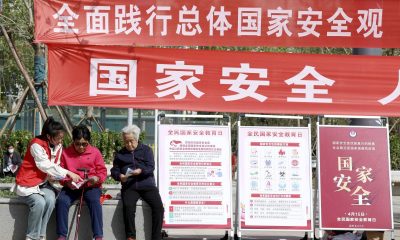

Seventeen Japanese citizens have been detained in China since its vague counterespionage law took effect. The Japanese government's response has been feeble.
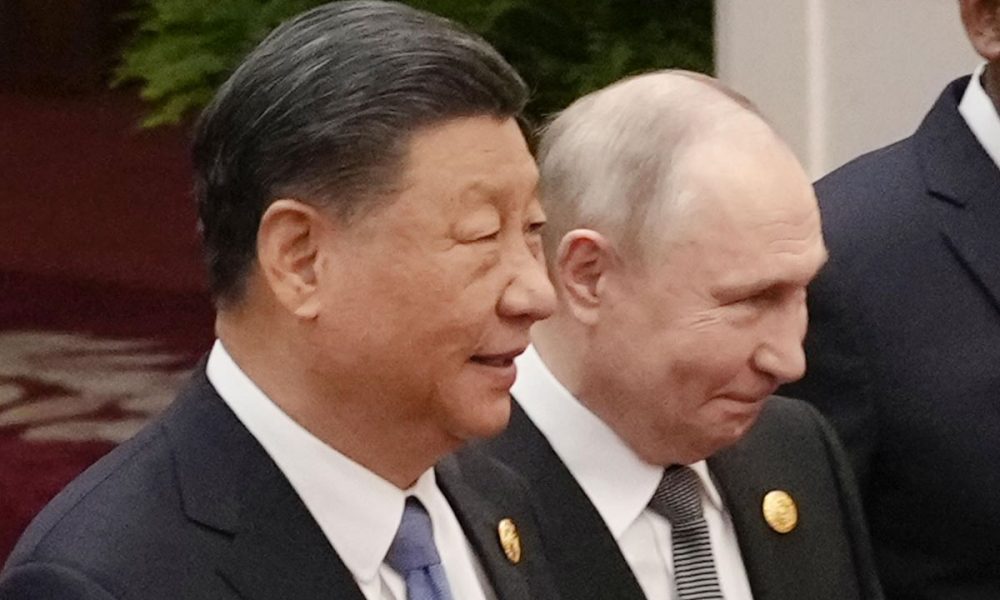
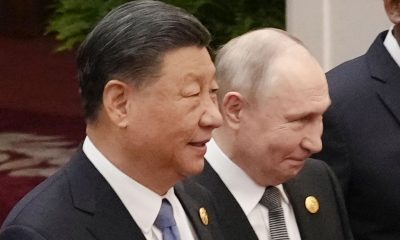

The move comes as China and Russia seek to turn the Israel-Hamas war to their advantage, creating dilemmas for Japan's Ministry of Foreign Affairs.
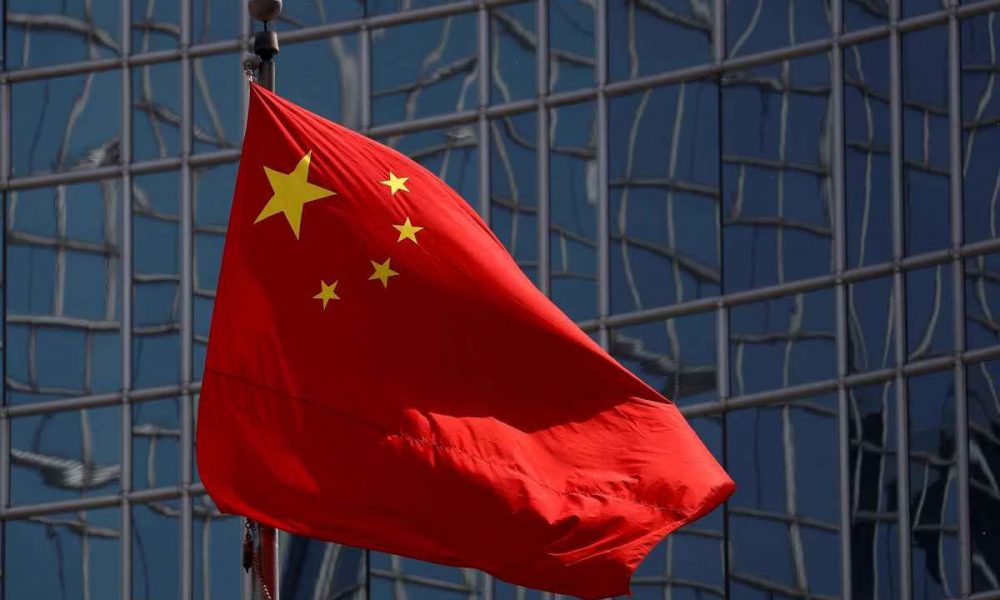
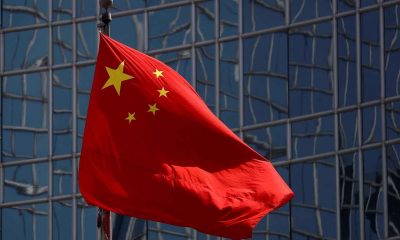

Despite the CCP's efforts to deflect spy claims, the fact is that Chinese espionage is extensive and unrelenting, reaching even the highest echelons of society.
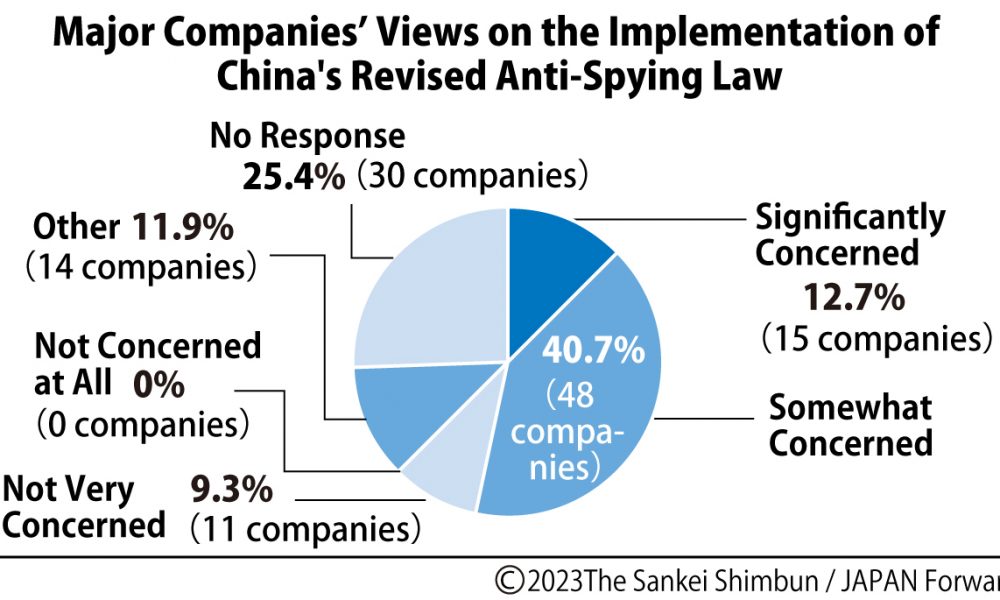
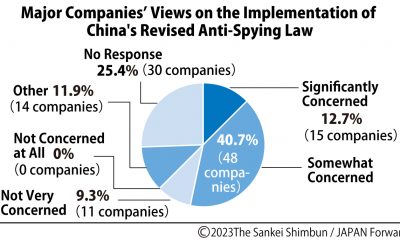

The Sankei Shimbun recently surveyed 118 Japanese companies to understand their apprehensions and strategies concerning China's revised counterespionage law.
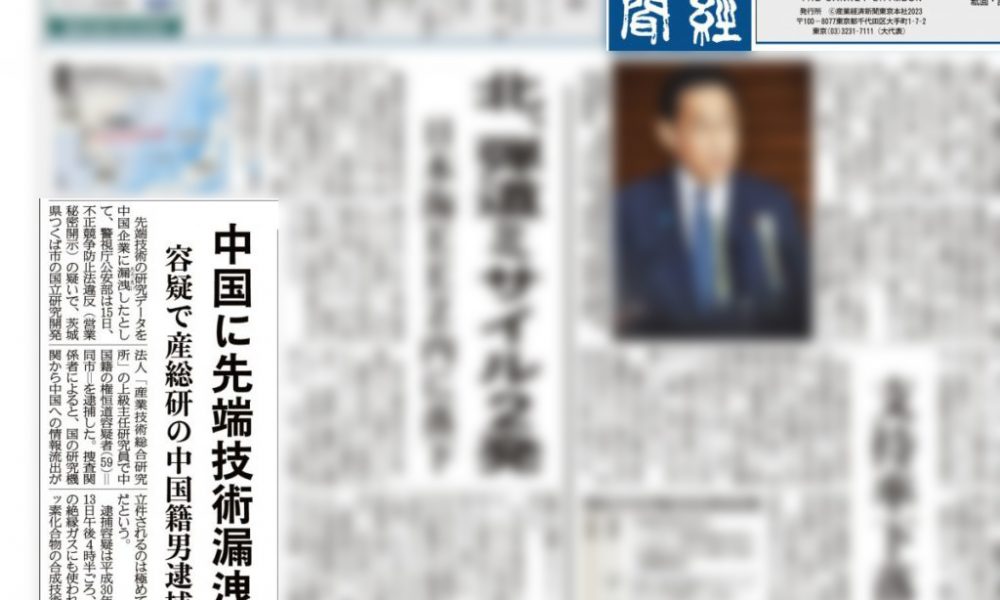
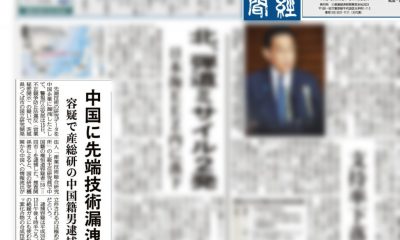

Despite the serious risks associated with technology leaks, Japanese newspapers showed varying levels of urgency in their coverage of the AIST incident.